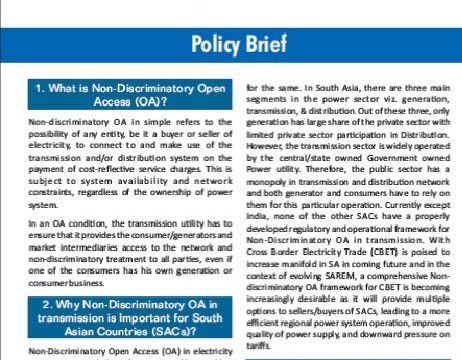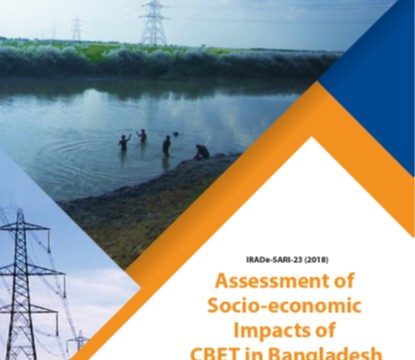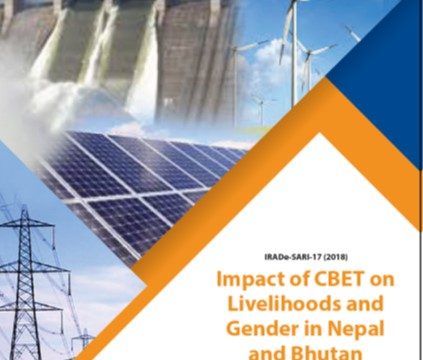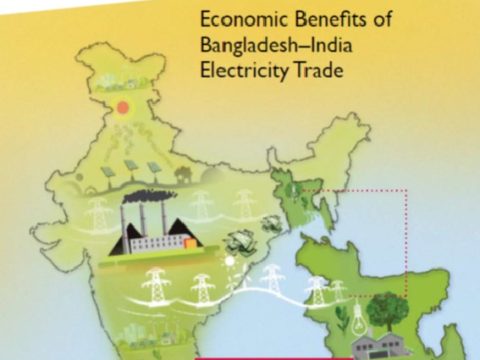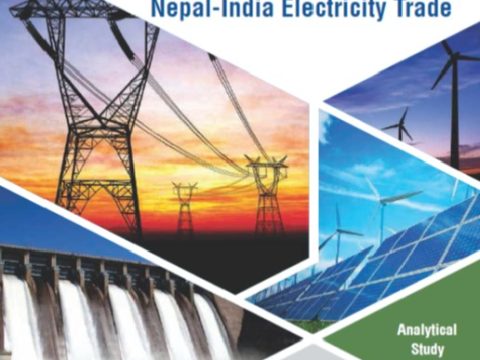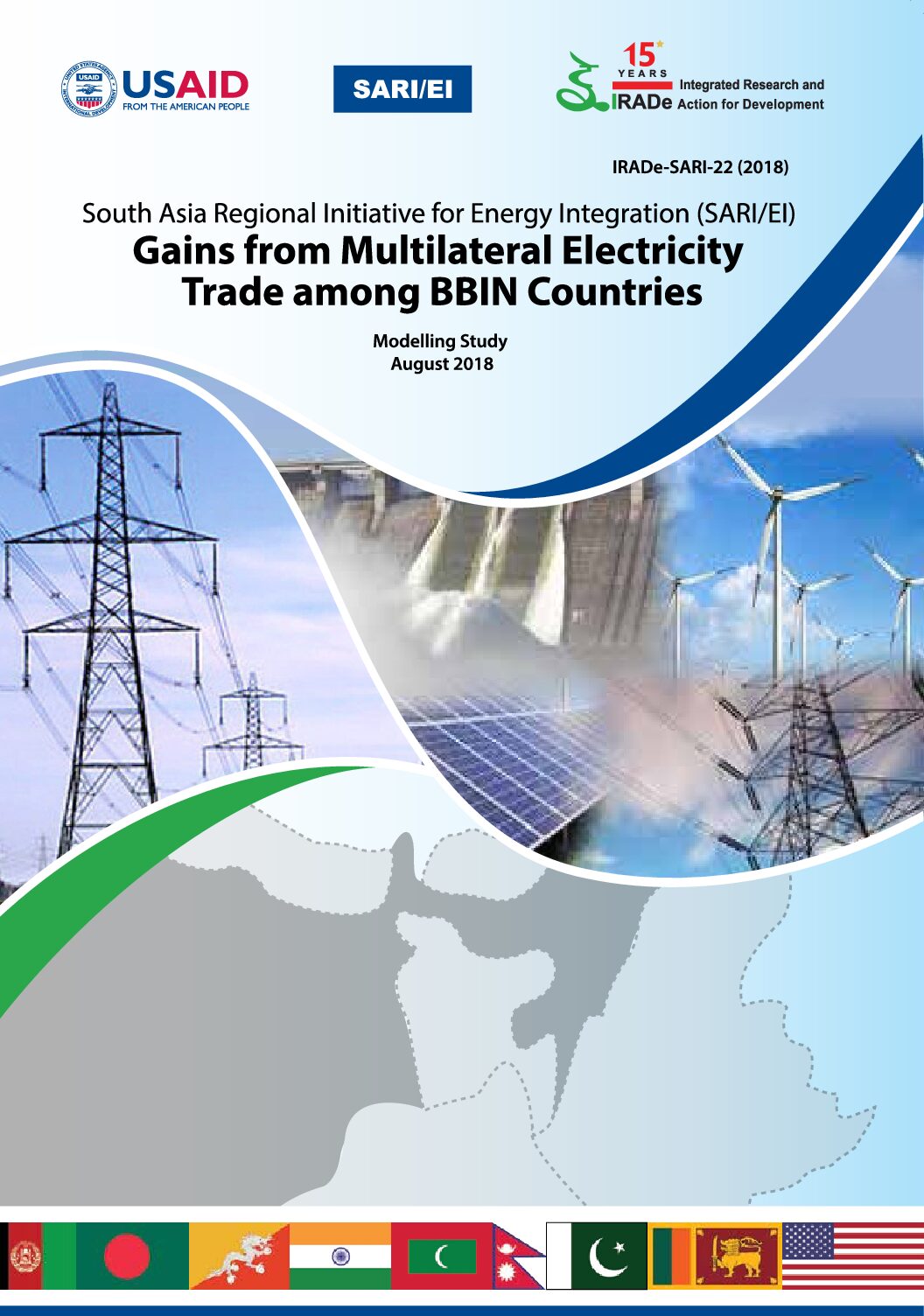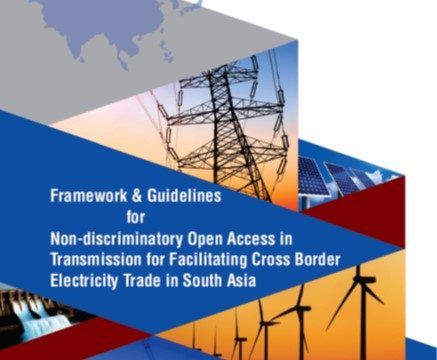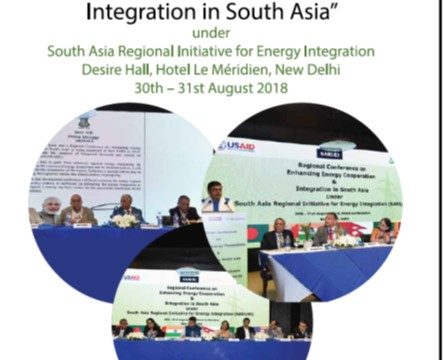Strengthening Transmission Utilities and System Operators
March 10, 2022
In the last few decades, Cross Border Electricity Trade (CBET) in South Asian region have become more established, with the quantum of trade also seeing an increasing trend. For some countries, CBET has become a crucial revenue source to aid in the overall economic growth of the country; while for some other countries, CBET has become a necessary tool to de over energy shortages.
March 10, 2022
Grid code is a technical document containing rules, procedures, guidelines, criteria and responsibilies to be complied by the users, owners and operators of the transmission system of a country. Grid codes are approved by a regulatory body in exercise of powers conferred to it under the relevant electricity act/legislaon.
March 10, 2022
Non‐discriminatory OA in simple refers to the possibility of any enty, be it a buyer or seller of electricity, to connect to and make use of the transmission and/or distribuon system on the payment of cost‐reflecve service charges. This is subject to system availability and network constraints, regardless of the ownership of power system.
March 10, 2022
Integrated Research and Action for Development (IRADe) is the implementing partner of the South Asia Regional Initiative for Energy Integration (SARI/EI) programme supported by the United States Agency for International Development (USAID).
March 10, 2022
This study is made possible by the support of American people through the United States Agency for International Development (USAID). The content of this study do not necessarily reflect the views of USAID of the United States Government.
March 10, 2022
Implementation of NDCs for Renewable Energy in Sri Lanka Addressing Gaps in Policies and Regulations
SLYCAN Trust wishes to thank our partners United States Agency for International Development (USAID), and Integrated Research and Action for Development (IRADe) for their valuable contribution to the research.
March 10, 2022
We are pleased to present the report, ‘Economic Benefits of Bangladesh–India Electricity Trade’, carried out under the South Asia Regional Initiative for Energy Integration (SARI/EI) project supported by USAID.
March 10, 2022
On the Nepal side, we thank our partners IIDS, Nepal, and Dr. Bishnu Dev Pant, Executive Director IIDS and Mr. Pramod Rijal, Economist, IIDS, in particular for the administrative and logistical support in organising the two stakeholder Workshops.
March 10, 2022
We thank members of Nepal Electricity Authority (NEA) for their support in assessing the Nepal power system model (IRADe Nepal Technology model- INTec) results and for validating the model assumptions for appropriately reflecting the features of Nepal’s power system in a bilateral India-Nepal study.
March 10, 2022
Reliable power supply and access to energy are critical for economic development of any nation. Sustained poverty reduction is possible through electricity as it supports industrialization, especially through small and medium-sized enterprises.
March 10, 2022
We are happy to present these proceedings of the regional conference on “Enhancing Energy Cooperation and Integration in South Asia”. IRADe achieved a major six-year milestone of successful completion of the stage-1 of the fourth phase of SARI/EI.
March 9, 2022
South Asian Regional Power Exchange Need of a Day Ahead Market and its Possible Implication- Gaurav Jain, Senior Research Analyst, IRADe, SARI/EI
March 9, 2022
SARPEX: Market Design, Mock Exercise results & Rules and Recommendation-Mr. S.K. Ray, Technical Specialist, SARI/EI, IRADe
March 9, 2022
Linking South Asia with South-East Asia and synergizing regional/ sub-regional initiatives for Energy Cooperation by Tushar Sud
March 9, 2022
Theme Presentation Session -III Investments in Infrastructure for Cross Border Projects: Catalyzing Private Investments and Mitigating risks by V.K.Kharbanda



